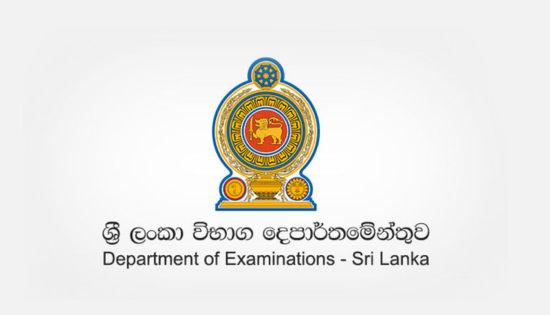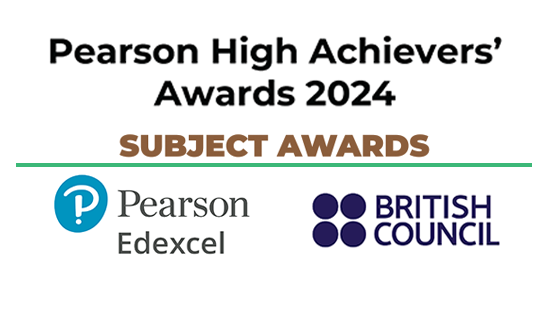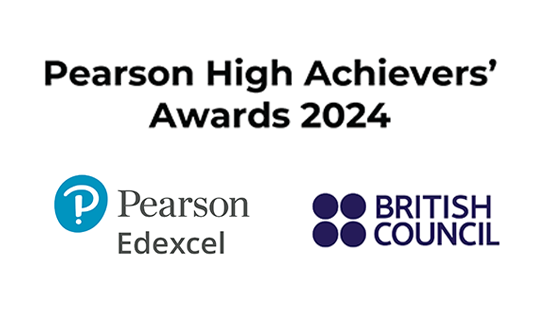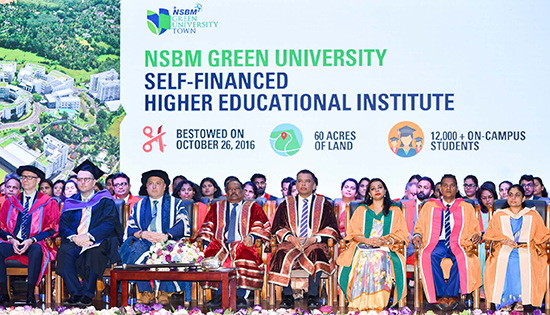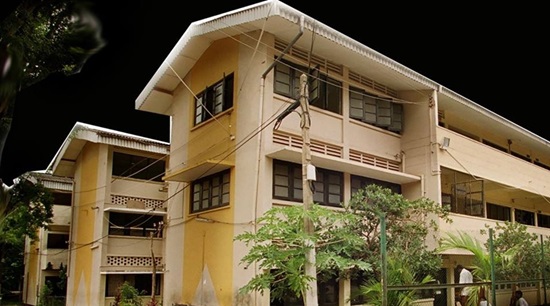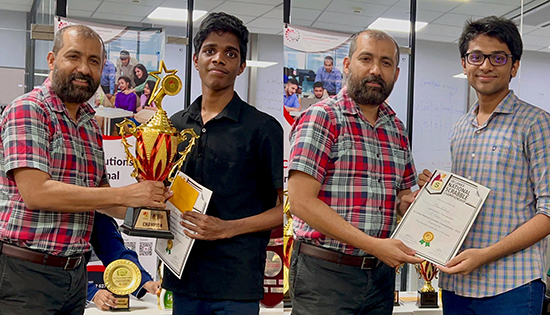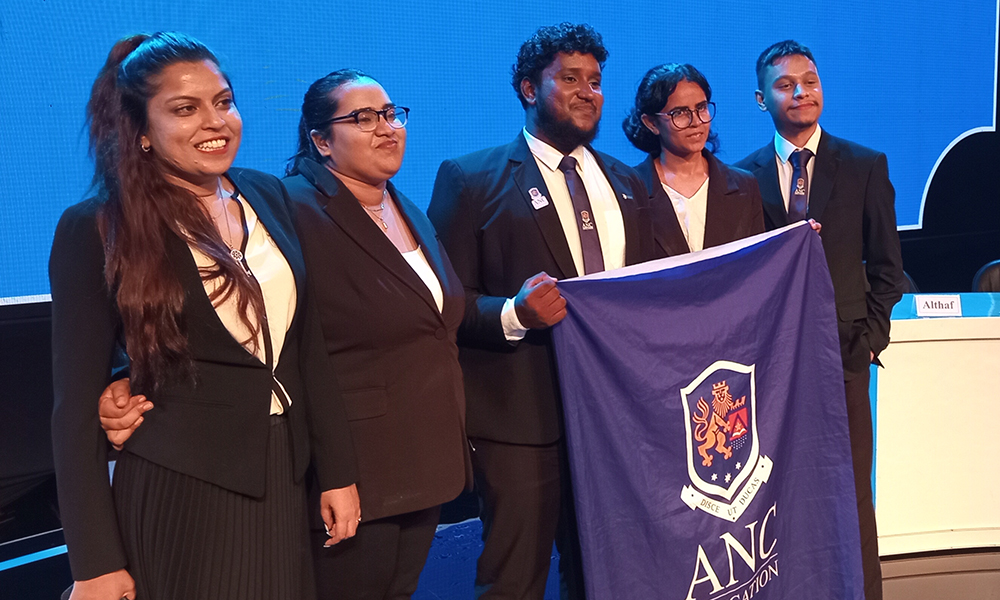Balancing Act: Navigating the Strengths and Challenges of Sri Lanka’s School Education System
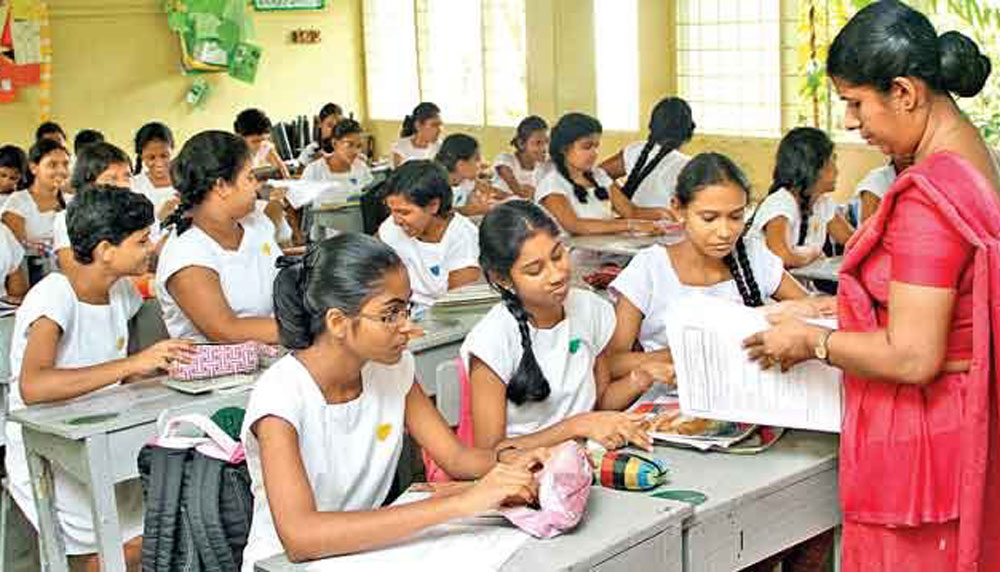
The Sri Lankan school education system, steeped in a rich educational heritage, has long been recognized for its commitment to literacy and broad access to education. With one of the highest literacy rates in South Asia, Sri Lanka’s education system has been instrumental in achieving significant social and economic advancements. However, like any education system globally, it faces its set of challenges and areas for improvement.
A balanced exploration of its strengths and weaknesses can provide a constructive framework for ongoing reforms.
Strengths of the Sri Lankan School Education System
High Literacy Rates: Sri Lanka boasts a high literacy rate, a testament to the country’s widespread access to education and the emphasis placed on basic education for all.
Government Support: The government’s commitment to education is evident in free education policies from primary to tertiary levels, ensuring that financial barriers do not impede access to learning opportunities.
Cultural and Ethical Education: The curriculum incorporates moral and ethical education, including teachings on cultural heritage, which fosters a strong sense of identity and values among students.
Teacher Dedication: Many teachers in Sri Lanka are highly committed, often going beyond their duties to support and mentor their students, driven by a passion for teaching and a genuine care for student success.
Areas for Improvement
While there are many strengths, certain aspects of the Sri Lankan school education system could benefit from targeted improvements:
Resource Disparities: There is a significant disparity in resources and facilities between urban and rural schools. Some rural schools lack basic infrastructure, teaching materials, and access to technology, which can affect the quality of education provided.
Curriculum Relevance: Critics often point out that the curriculum could better align with the skills required in the modern job market, including critical thinking, innovation, and digital literacy. Ensuring the curriculum meets contemporary needs is crucial for student success in the global economy.
Examination Focus: The system’s heavy reliance on examinations for student assessment has been noted as a stressor for students and sometimes encourages rote learning over critical thinking and problem-solving skills.
Teacher Training and Development: While many teachers are dedicated, ongoing professional development is essential for all. Enhancing teacher training programs to include modern pedagogies and technologies would better equip teachers to meet diverse student needs.
Pathways for Improvement
Addressing these challenges requires a multifaceted approach:
Enhancing Infrastructure: Increased investment in rural schools, ensuring equitable access to resources and technology across all regions.
Curriculum Reform: Updating the curriculum to include more emphasis on practical skills, creativity, and critical thinking, preparing students for modern workforce demands.
Assessment Diversification: Moving towards a more holistic assessment system that values student creativity, problem-solving, and analytical skills alongside traditional examinations.
Professional Development: Implementing comprehensive, continuous professional development for teachers, focusing on modern pedagogies, technology integration, and inclusive education practices.
The Sri Lankan school education system is a blend of commendable achievements and areas ripe for enhancement. Recognizing its strengths provides a solid foundation to build upon, while addressing its challenges opens pathways to cultivating a more dynamic, inclusive, and forward-thinking educational landscape. With thoughtful reforms and continued commitment, Sri Lanka can ensure its education system not only preserves its strengths but also evolves to meet the changing demands of the world.
- SW – Suggestion by Team EduWire to Make a Better Tomorrow
Related News
NSBMcelebrates the success of the graduating Class of 2024 atthe grandiose NSBMConvocation Week!
NSBM Green University celebrated its annual Convocation Week 2024 from Monday, 9th December, to Wednesday, 11th December, with grandeur and pride. This…
Read MoreDS Senanayake College introduces mobile app to connect school, students & parents
DS Senanayake College in Colombo has introduced a mobile app named 'MyDS' to connect the school, students and parents into a unified…
Read MoreGateway’s Adheesha Wins National Scrabble Championship
Adheesha Disanayake of Gateway College Colombo Adheesha Disanayake of Gateway College Colombo has been crowned the National Scrabble Champion for 2024, securing…
Read MoreACCA celebrates 120 years and counting
Helen Brand OBE, chief executive of ACCA and Nilusha Ranasinghe Head of South Asia for ACCA Global accountancy body marks major milestone…
Read MoreVictory for ANC Education on UN World Human Rights Day
The Capital Maharaja Group (CMG) held its third consecutive year of Inter University Human Rights Debates this year. This witnessed private and…
Read MoreCourses
-

IMC – Bachelor of Psychology
IMC Education Overview IMC Campus in partnership with Lincoln University College (LUC) Malaysia offers Bachelor of Psychology Degree right here in Sri… -

ANC – BA (Hons) International Business Management (Top-Up)
ANC Education Overview Designed in partnership with public and private business organizations, this program develops one’s ability to critically evaluate business models… -

IIT – BSc (Hons) Computer Science
IIT Campus Overview BSc (Hons) Computer Science provides a solid foundation and training regarding the fundamentals of the computer science field, along… -

APIIT – BSc (Hons) Cyber Security
APIIT Sri Lanka Overview Our BSc (Hons) Cyber Security award is designed to launch your future career in the protection of software… -

ICBS – BSC (Hons) Business Management with Marketing Management
ICBS Overview The BSc (Hons) Business Management with Marketing program, awarded by Queen Margaret University (QMU), is a highly regarded degree that… -

UTS – Diploma of Science
UTS College Sri Lanka Overview The Diploma of Science is designed to empower you to apply scientific thinking and analysis to important… -

CSA – Master of Architecture and Environmental Design
City School of Architecture Overview The Master of Architecture and Environmental Design Degree at CSA is awarded by the University of the… -

APIIT – BSc (Hons) International Business Management
APIIT Sri Lanka Overview Increasingly businesses are becoming more and more international. This requires business management professionals to have knowledge, skills and… -

IIT – BSc (Hons) Artificial Intelligence And Data Science
IIT Campus Overview The BSc (Hons) Artificial Intelligence and Data Science course is awarded by Robert Gordon University (RGU) in the UK… -

ICBS – International Degree Foundation in Business / IT
ICBS Overview The Scottish Qualification Authority (SQA) is a globally recognized organization dedicated to education and qualification development. SQA is responsible for… -

APIIT – BA (Hons) Finance and Business Enterprise
APIIT Sri Lanka Overview Finance and accounting are no longer just about taxation and the management of financial capital. This award will… -

APIIT – MBA General
APIIT Sri Lanka Overview The MBA is awarded by Staffordshire University, UK. This award is an advanced course of study in management… -

ANC – LLM in International Business & Commercial Law
ANC Education Overview This course is designed for graduates of law, business and finance in a legal or a corporate job role… -

AOD – BA (Hons) Fashion Design and Marketing
Academy of Design Overview The syllabus is from the UK’s Northumbria University, as one of their most revered flagship programmes and is… -

APIIT – MSc. Marketing Management
APIIT Sri Lanka Overview This MSc Marketing Management degree – awarded by Staffordshire University, UK is an advanced course of study in…
Newswire
-

Lanka T10 team owner arrested over fixing approach
ON: December 12, 2024 -
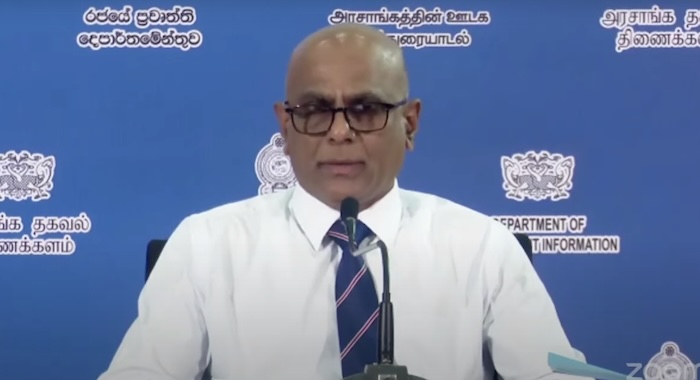
Sri Lanka’s Fuel Supply : CPC update on returned shipment
ON: December 12, 2024 -
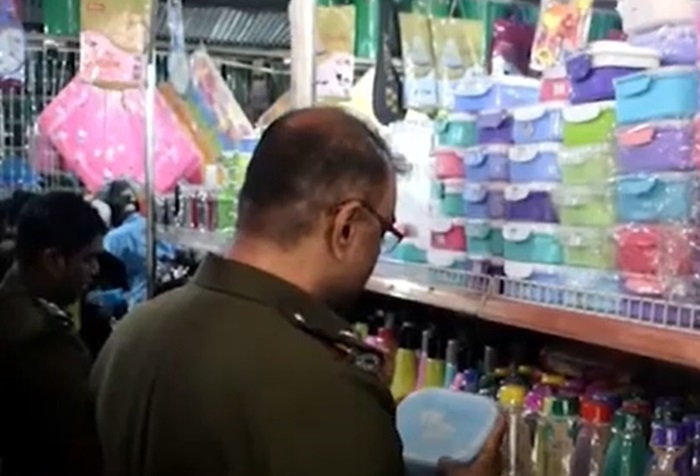
How to check quality of plastics? PHI explains
ON: December 12, 2024 -

Sri Lanka’s 1996 Cricket legends launch landmark housing project
ON: December 12, 2024 -
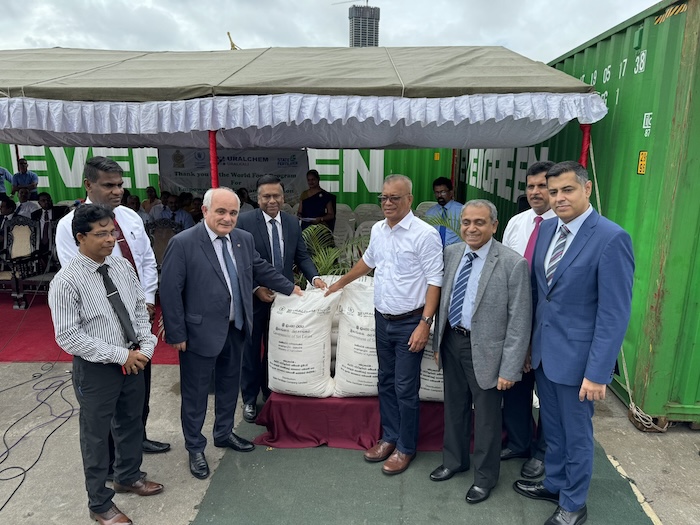
Russia donates 55,000 mt of fertilizer
ON: December 12, 2024

